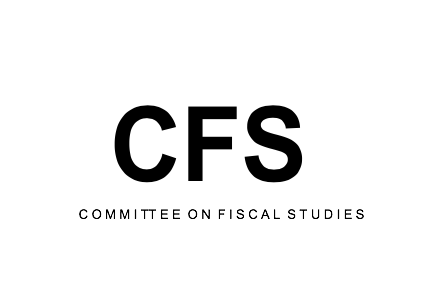THE LEGAL AND TAX ARCHITECTURE OF COLLECTIVE INVESTMENT FUNDS IN MAURITIUS
Abstract
Mauritius is a small island nation in the heart of the Indian Ocean that is effectively an Offshore Financial Centre (OFC). The Global Business regime in particular which benefits from low effective tax rates and an extensive double tax agreement (DTA) network has led to Mauritius being deemed to be a gateway to investment in Africa and Asia. Whilst this has facilitated significant investment into those regions it has also created the opportunity for harmful tax practices that see tax being levied in jurisdictions where there is little or no substantive economic activity. Collective Investment Vehicles (CIVs) have also taken advantage of the regime and established themselves in Mauritius in order to ensure that minimum tax is paid on investments made. The OECD's Base Erosion and Profit Shifting project has, however, had an impact on the Global Business regime. This article explores the legal structure of CIVs in Mauritius as well as the tax regime governing them. It also analyses the ways that the Global Business regime has been abused, the changes the regime has been subjected to following the BEPS project and the impact if any that the amendment are likely to have on the CIV industry and to Mauritius status as an OFC.



